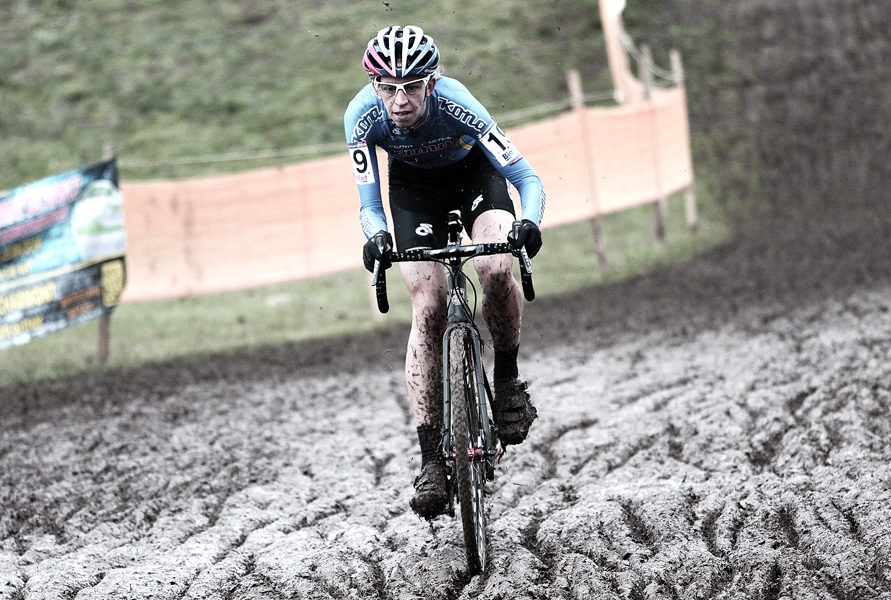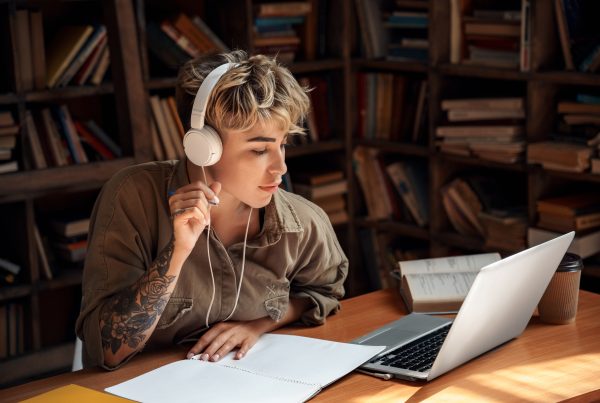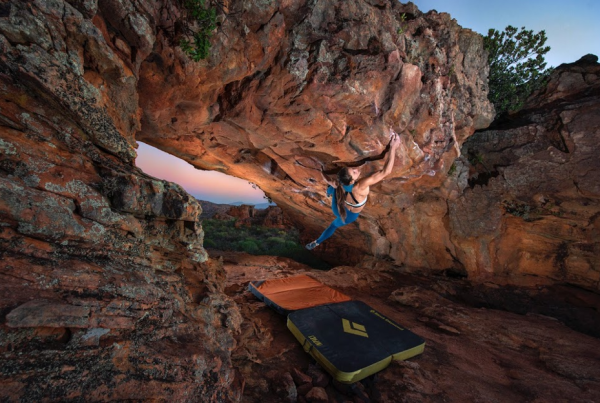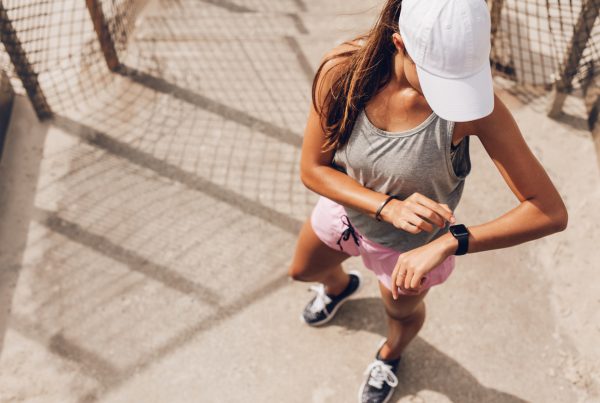Helen Wyman won bronze in the Netherlands when she claimed the first British women’s medal since 2000 at the cyclo-cross 2014 world championships. Olivia Hubbard snatched a few moments of her time to talk sports psychology, the November world cup and speaking Dutch.
Wyman was born in St Albans, brought up in Norfolk and now lives in Belgium for the entire winter. Her father frequently cycled from London to Brighton for camping weekends and, in fact, her entire family was enthused by cycling.
Olivia Hubbard: So, Helen, was cycling something you wanted to do from an early age?
Helen Wyman: I always rode a bike when I was a child and have always been very competitive in sport. I also used to compete in cross country events up to a high level.
OH: In what way do you think your mindset has changed from the beginning of your career to now?
HW: I think you learn a lot, particularly in cyclo-cross, due to the large amount of variables that are involved. You can’t really control if someone crashes in front of you, for example, or if the weather changes, or the conditions on the course. You can’t take disappointment and dwell on it because, while at the time it means a lot, in reality, three weeks later you won’t remember what it felt like. I mean, when you are in third place standing on a world championship podium, you really don’t remember what you were feeling at the time. You don’t remember what happened in the eight years running up to the race; everything is forgotten when you are presented with a medal.
OH: What strategies do you use before a race to successfully prepare?
HW: I have used visualisation before playing sport but in my own sport it’s challenging to do this because the sport is constantly changing. Every lap can be a different route. I do still use visualisation before a race but not as much as I used to. Before warming up, these techniques prove more useful to use. Really, I try to purely focus on my own self, because you can’t really control other people around you. The task is dealing with what corner comes next, as opposed to what is actually happening on the ground.
OH: Helen, can you tell me what your support team consists of?
HW: My husband, who is a mechanic, driver and team trainer for the women’s team. My husband comes to my training sessions and he knows what I need, and what is required before and after a race. We have also worked with a sports scientist on coaching and other elements.
Training if you’re Helen Wyman
OH: How often do you train?
HW: In winter, I train between 15 hours and 18 hours in a standard week. I do go away to Spain and other places, where I train 18 hours to 20 hours a week. My sport is only 40 minutes in length; therefore, I don’t have to do hours and hours on a bike.
Feeling the pressure
OH: How do you cope with pressure?
HW: I don’t deal very well with internal pressure, but external pressure is fine. My husband acts as an external pressure between internal pressure and me. What I put on myself, I don’t tend to deal with very well.
Kona Growing Up Cross from Kona Bikes on Vimeo.
OH: Have you suffered any injuries?
HW: I’ve had a few injuries over time; one example would be not being able to ride the bike for six weeks. I am a physiotherapist by trade and, therefore, it helps me to understand the injury. I also understand anatomy very well. I can’t deal with being sick but, as a physiotherapist, I can deal with the time factor of injury very well.
OH: What are your views on rehearsing success rather than failure strategies, as well as self-talk motivational tools?
HW: I think some things are really tough and I also think that, in some areas of cycling, it is essential to have a sports psychologist. There is so much pressure on the track riders at the Olympics. On a personal level I feel that, with my outgoing personality, I am able to control and deal with the mental toughness of sport. I really do enjoy gaining insight into the area of sports psychology.
OH: What would be your message to someone who is struggling to distance their negative thoughts before a race?
HW: The only element you need to think about is that you are in control of your own performance, which no one else can change. Every year you get faster and stronger and a lot better on your bike, but this doesn’t necessarily mean that people around you aren’t going to improve around you.
If you concentrate on the results, then this may mean you focus on the end of the race and the result; therefore, the good level of performance won’t happen. My advice would be to focus on yourself and what happens around you and don’t focus on what you can’t control.
OH: What’s your most memorable victory moment?
HW: My first national title or European title.
OH: And who is your biggest sporting inspiration?
HW: Cycling – Louise Robinson who was second in the world championships in 2000, because she had a really good outlook on life and on cycling. Louise made the comment that you do get knockbacks in cycling but eventually you do get results.
OH: What have you got coming up this month?
HW: There is a world cup, which is taking place in Milton Keynes on 29 November. As a world cup, it’s the top level of cycling and it’s the first venue outside of continental Europe to host a round.
Well that is something to look forward to indeed. For more information on the world cup visit http://www.miltonkeynesworldcupx.com/shop/
Fun fact
“I can speak Dutch now!” laughs Wyman.
Are you after some more cycling insight? Read Harriet Chettleburgh’s article, I am Ironman, here:
https://www.fitpro.com/blog/index.php/ironman/







